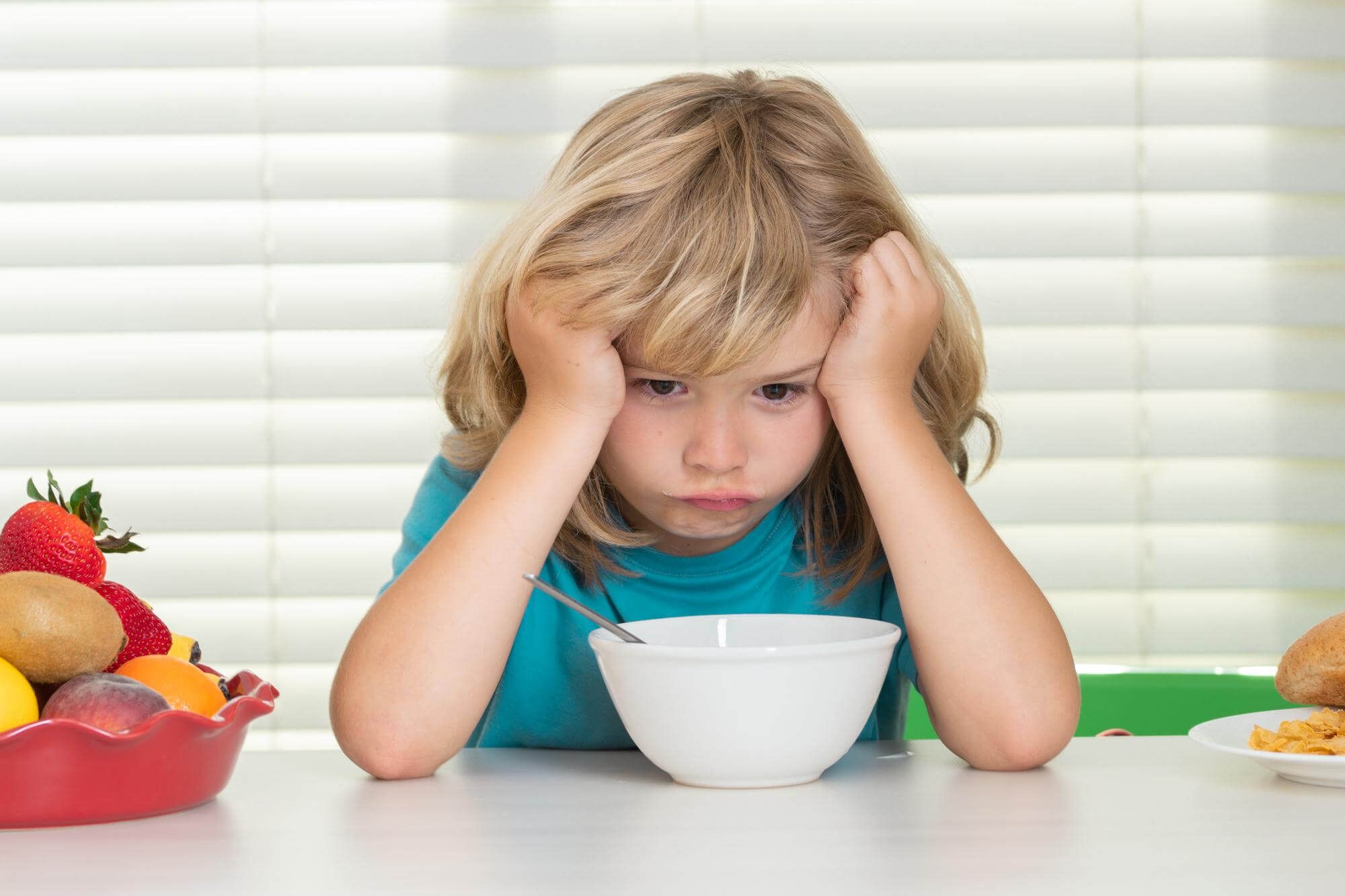Diet for a child with allergies: useful tips


Eva Zakharova
Diet for allergies in children: an overview
Allergies are a common condition among children of all ages, from toddlers to teenagers. Proper nutrition for a child with allergies plays an important role in maintaining health and improving quality of life. In this article, an experienced allergist will discuss the causes of allergies, the main allergens, and recommendations for a pediatric allergy diet.
Causes of allergies in children
Allergies in children can occur for a variety of reasons, including hereditary predisposition, improper nutrition, adverse environmental conditions, and insufficient food quality. The diet for allergies in children, especially those 3, 5 and 9 years old, should be especially carefully chosen to reduce the risk of developing the disease and improve skin conditions.
Major allergenic foods in children

Dairy products that cause allergies include cow's milk, cheese, cottage cheese, yogurt and sour cream. In children 3, 5 years old who are prone to allergies, it is recommended to replace cow's milk with goat or soy milk.
- Eggs are one of the most common allergens among children. In the case of an egg allergy, these should be removed from the child's diet.
- Fish and seafood, such as shrimp, mussels and crayfish, can cause allergies in children. It is important to eliminate them from the allergy diet, especially in children 9 years old.
- Nuts (peanuts, almonds, walnuts) and seeds (sunflower, sesame) are also strong allergens. It is important to be especially careful with these foods in children 3, 5, and 9 years old.
- Wheat, rye, barley, and buckwheat can cause allergies in children. If necessary, eliminate foods containing these grains from your diet.
Recommendations for an allergy diet

The first step in making a diet for allergies in children is to completely eliminate allergenic foods from the diet. This will help stabilize the child's condition and prevent the development of allergic reactions.
A hypoallergenic diet involves the use of foods with low allergenicity. Include vegetables such as zucchini, cauliflower, broccoli; fruits such as green apples and pears; lean meats such as turkey and rabbit.
Gradual introduction of new foods after stabilization
Once the child is stable and under a doctor's supervision, new foods can be introduced gradually, but attention should always be paid to possible allergic reactions.
In addition to the diet, it is important to consult the doctor about the possibility of using allergy medications such as antihistamines (suprastin, tavegil), steroid hormones (prednisolone) and mastocyte stabilizers (ketotifen).
In conclusion, the pediatric allergy diet is important in maintaining a child's health and well-being. By following dietary guidelines, you can greatly reduce the risk of allergic reactions and improve your baby's quality of life. Don't forget that if you have any allergy symptoms, you should see an allergist for an accurate diagnosis and adequate treatment. And remember, eating the right foods, avoiding allergenic foods and introducing a hypoallergenic diet will help your child feel relieved and return to a healthy, active life.
New materials
Popular Articles
We recommend reading
Contact us in the Contact Us section to ask questions, offer ideas, or for more information about our allergy resource.
Our articles are your trusted source of allergy knowledge. Learn how to make life with allergic reactions easier on our specialized portal.
©
Lechenie-Allergii.com. All rights reserved.
© Lechenie-Allergii.com. All rights reserved.
The information on this site is for informational purposes only and is not a substitute for professional medical advice. We recommend consulting with qualified medical professionals for accurate information and advice.
 English
English  Українська
Українська  Русский
Русский 









